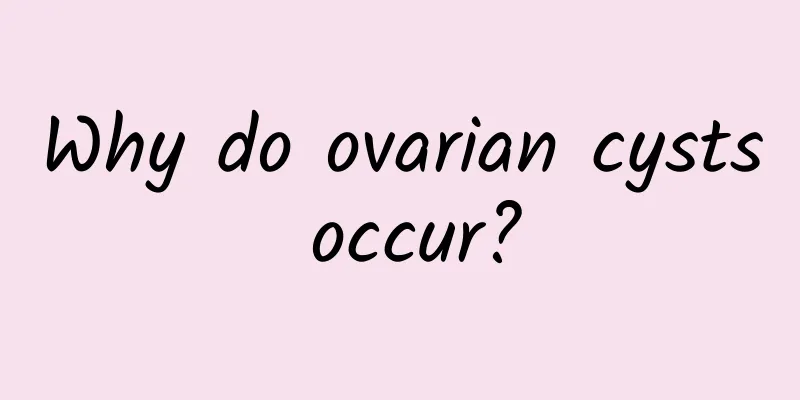Is cervical erosion hereditary?

|
Cervical erosion is not hereditary. It is caused by long-term mechanical stimulation of the cervix. People with cervical erosion often experience pain. After the disease, patients may experience increased vaginal discharge, which is often purulent. There may be pain in the lower abdomen and lumbosacral region and bladder irritation symptoms. Patients with more severe erosion may have varying degrees of light bloody secretions. Typically, there is bloody secretion after sexual intercourse. The cervix has thick purulent secretions, which are not conducive to the passage of sperm and lead to infertility. Cervical erosion is not contagious. It is not caused by bacteria like vaginitis. However, sometimes vaginitis, cervicitis and other gynecological inflammations associated with cervical erosion are covered by cervical erosion and are not easy to detect. However, these gynecological inflammations are easily contagious, and sometimes vaginitis can also cause cervical erosion. Cervical erosion is a disease transmitted through sexual intercourse. In order to control the condition of cervical erosion, patients cannot have sex with their sexual partners before the cervical erosion is cured, and the vulva must be kept clean. Eating a light diet is the first step in the daily care of cervical erosion. Patients with cervical erosion should eat more fruits, vegetables and light food, and pay attention to rest. Paying attention to hygiene and health care during each key period is indispensable for the daily care of cervical erosion. Cervical erosion is very easy to be infected, so women must pay attention to hygiene and health care, especially during menstruation, pregnancy and postpartum period. Keeping the vulva clean is the most important thing in the daily care of cervical erosion. It is very necessary for patients with cervical erosion to keep the vulva clean in daily life, so as to achieve early detection and early treatment, and avoid unclean sexual intercourse. Women with cervical erosion should keep their vulva clean: pay attention to personal hygiene and care, especially the cleaning of the vulva, and be sure to go to the hospital for regular check-ups. You should pay attention to hygiene and cleanliness during sexual intercourse. Personal hygiene is very important. Wash the vulva every night before going to bed. Women should learn to take care of their health during menstruation, and take good care of their personal health during special periods such as menstruation and postpartum, or after gynecological surgery and pregnancy. In addition, we should eat a low-fat diet. We should eat more lean meat and eggs, as well as protein and nutritious foods. |
<<: Can cervical erosion be inherited?
>>: Is cervical erosion hereditary in women?
Recommend
What are the causes of dysmenorrhea in women?
What are the causes of dysmenorrhea in women? Exp...
How long after a miscarriage can you have sex? What are the dangers of having sex too early?
Getting pregnant and having a baby is something t...
Does pelvic peritonitis require surgery?
Pelvic peritonitis is a very common gynecological...
Self-care methods for patients with pelvic inflammatory disease
In fact, it is very difficult to take care of pel...
How long should I stay in confinement after abortion? See what the doctor says
After a miscarriage, women need to recuperate for...
What can we do to prevent childhood obesity? Nutritionist's advice...
According to the survey, the number of overweight...
Be careful of these reasons causing cervical erosion
What are the causes of cervical erosion? Cervical...
How to prevent irregular menstruation
How to prevent irregular menstruation? Paying att...
Common causes of ectopic pregnancy
The phenomenon of ectopic pregnancy is quite comm...
How long after abortion can I have sex
How long after an abortion can you have sex? It i...
Does drinking bulletproof coffee make you fatter? Nutritionist: If you don’t properly combine the ketogenic diet, beware of three hidden landmines
Bulletproof coffee, which originated from the ket...
What symptoms can Bartholinitis cause?
Bartholinitis is an inflammation of the Bartholin...
Eggplant is rich in dietary fiber, is it a good helper for weight loss? Nutritionist: Eggplant is low in calories and high in fiber and helps lose weight
Summer is a good time to lose weight, and in orde...
Eight things to do to easily prevent pelvic inflammatory disease
How to effectively prevent pelvic inflammatory di...
168 Is fasting super effective for weight loss? Eating the wrong food for a long time may cause loss of muscle! 4 health risks you must know
There are hundreds of ways to lose weight, among ...









